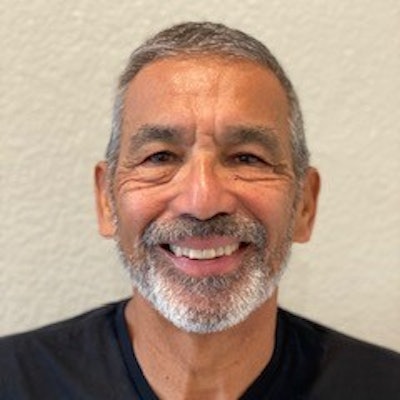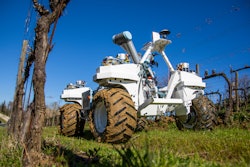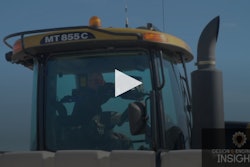
responses submitted by Tony Solis, Director of Sales, APEM Inc.
Global Markets, Government & Trade
What are the key global markets your company sees as growth opportunities and why?
North America and Germany still remain the top global markets for us to continue to penetrate and grow. Heavy industrial content in both areas present an opportunity for us to grow because of the highly reliable products that we offer to the markets that we serve. We consider ourselves as a leading worldwide manufacturer of HMI components.
How would passage of an infrastructure or other similar bill in the U.S.—or the equivalent in other countries—benefit the industry?
It opens up the building of more equipment used to support the repair and improvement of the U.S. infrastructure, which in turn means more business for companies that support those industries.
Impacts of COVID-19
What have been some of the biggest challenges your company, and the industry as a whole, has faced due to the COVID-19 pandemic?
The slowdown of the economy has impacted the manufacturing sector that supports high price tag items such as fork lifts, construction equipment, and other equipment. Large purchases from companies that use this type of equipment have been slowed due to the virus.
How has your company worked to overcome these challenges?
As an essential business, very little manufacturing time has been lost in our manufacturing facilities. What has changed is the type of products that are in demand, compared to before COVID-19. The demand for panel products have declined and the demand for PCB and washable products have increased immensely.
Have the challenges brought to light any potential opportunities for change or improvement within your company, or the industry?
We have experienced that the change to the front-end support of our business hasn’t missed a beat since most are now working from home. I personally believe, along with the rest of the management team, that reducing office space is how we move forward once the virus crisis is over, since the current model has proved to be capable of serving the customer base.
What, if any, long-lasting effects do you think the pandemic could have on the industry?
How we conduct our business from the sales and support side will change. I also believe that our business could be challenged with the fact that most of our products need human interface. The good news is that most of our products can survive rigorous wash with chemicals so sterilizing their equipment is not an issue for our products.
How do you foresee the industry coming through this?
I see it will bounce back as strong as it was prior to the pandemic. I personally think that the last quarter of 2020 and 2021 will be healthy for the industry. August bookings are showing signs of life which mean manufacturers are preparing for fourth quarter revenue which looks like is ratcheting up! Also, industrial equipment manufacturers are starting to pull in shipments that were pushed out during the peak of COVID.
Diesel, Electric & Other Power Alternatives
Are there any emissions or other related regulations your company is monitoring, or feel will have an impact on design efforts and the industry?
The biggest issue for companies like ours is to meet the safety requirements that are forever changing in the industry. Safety integrity level (SIL) 2 compliant products are now required in most equipment and not knowing what is downstream tends to cause some concern as to be able to adapt quickly.
Data, IoT & Connectivity
Do you see a path toward the use of artificial intelligence, virtual reality or augmented reality in your manufacturing processes, or even on-board the vehicle itself?
The simple answer is yes! I’m not in the manufacturing side of the business but adding technology to our process supports the quality and helps increase the capacity without adding a lot of people.
How do you see connectivity and machine learning changing the vehicle landscape in the next decade?
In some industries, such as agriculture, GPS mapping is prevalent so it becomes more productive for the machines. I do believe that other industries will adapt to a similar technology. Remote operation of equipment previously manned will become prevalent in the next 5-10 years. Developing products that support those types of equipment needs to be in the design cycle today.
READ MORE: State of the Industry 2020
Automation & Smart Systems
What is needed to further progress equipment and vehicle automation?
The biggest impact I see for the industry is how to move forward with autonomous vehicles and electric power. Key development of battery life and safety are needed to support the industry.
Challenges & Opportunities
What are the biggest challenges facing the industry currently, or do you see the industry facing in the coming years?
Integration and development of changes of technology in the industry. Will a company like ours adapt to the changing world where HMI components will become less and less? Good question for the technology brains of the company. I know that my team needs be speaking to the equipment manufacturers to make sure they understand where the industry and technology is going in the next 5 years.
Are there any technologies or trends which you are currently excited about in the heavy-duty vehicle industry, or most looking forward to seeing in the coming years?
Continued advancement in the technology and the advent of autonomous and electric vehicles will find its way into the heavy equipment industry.



















